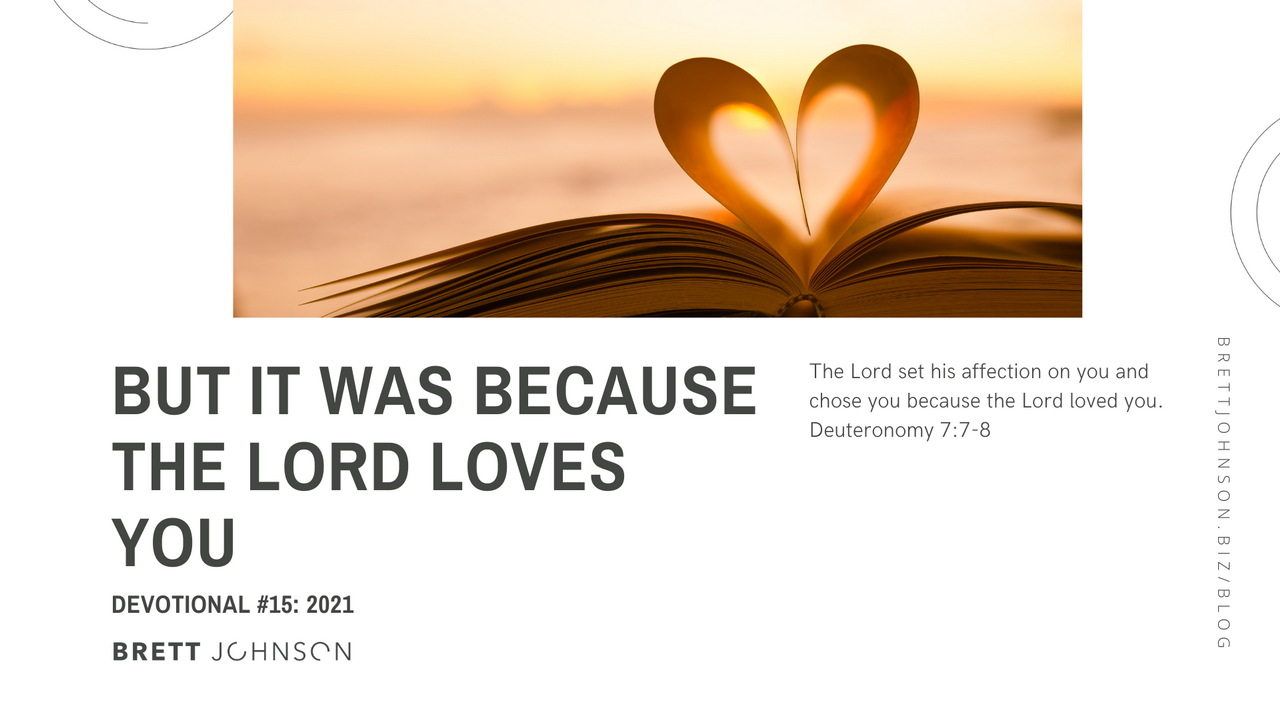Business Continuation
Oct 06, 2021
Be Careful What You Say In A Funk
Sep 29, 2021
In this age
Jun 23, 2021
Keys to the Promised Land
Jun 16, 2021
It’s not about me
Jun 09, 2021
The fine line between good and best
Jun 02, 2021
Strength to birth
May 19, 2021
Trust and do good
May 12, 2021
We Know Nothing
May 05, 2021
But it was because the Lord loves you
Apr 28, 2021
Big ask—big reward
Apr 21, 2021
“What are you crying for?”
Apr 15, 2021












